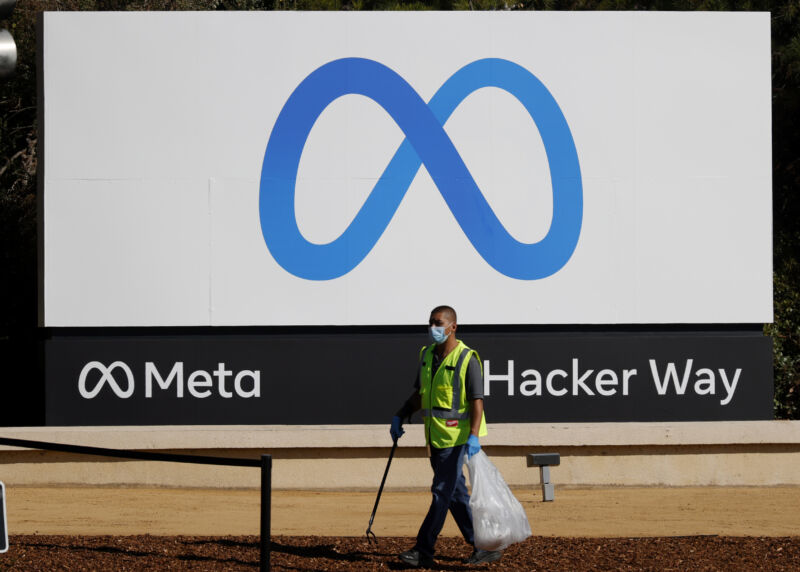FTC has a “plausible claim” that Facebook is an illegal monopoly, judge says

The Federal Trade Commission’s antitrust suit against Facebook may proceed, a federal judge has ruled. The company had filed a motion to dismiss the case, which the judge denied.
US District Judge James Boasberg had invited the FTC to refile the case after throwing out its initial attempt when he found it lacking. “Second time lucky?” Boasberg wrote in yesterday’s opinion. Apparently.
“The core theory of the lawsuit remains essentially unchanged,” he said of the FTC’s refiling. “The facts alleged this time around to fortify those theories, however, are far more robust and detailed than before, particularly in regard to the contours of Defendant’s alleged monopoly.”
The FTC argues that Facebook (now known as Meta) used a “buy and bury” strategy to stifle competition in the social networking space. Specifically, it alleges that Facebook purchased both Instagram and WhatsApp to prevent them from offering their large user bases new features that could have challenged Facebook’s main platform.
“Cleared the bar”
Boasberg found that the FTC “cleared the pleading bar” and the bar for the “buy and bury” allegations. In support of those claims, he cites the fact that Facebook had initially considered competing directly with Instagram before deciding to simply acquire the app, a move that reduced competition in the marketplace. The FTC’s “allegations that Facebook scaled down and eventually shuttered its own mobile-sharing app after acquiring Instagram is consistent with the assertion that consumers would have a better and broader market of services to choose from had the acquisition never occurred,” he wrote.
The judge also pointed out that Facebook followed the same path when faced with competition from WhatsApp. The company “briefly attempted to compete” with WhatsApp before deciding to buy it, he said.
Boasberg also noted that Zuckerberg wrote in 2012 that he was “the most worried about messaging. WhatsApp is already ahead of us in messaging in the same way that Instagram was ‘ahead’ of us in photos… I’d pay $1B for them if we could get them.” Two years later, Facebook bought the messaging company for $19 billion.
Hits and misses
But while the FTC succeeded with the “buy and bury” claim, it failed to get the judge to proceed with its other allegation—that Facebook used its policies to stifle competition by restricting access to its APIs. There were a few problems with the agency’s approach—one, Boasberg did not invite the FTC to refile those allegations, and two, the judge pointed out that Facebook dropped the policies in 2018 and had not enforced them since 2013. The judge noted that in this instance, the FTC doesn’t have statutory authority to go after Facebook based on past conduct.
Facebook had also been seeking FTC Chair Lina Khan’s recusal because it claimed that she came into the position with pre-existing opinions about the company’s behavior. Here, Boasberg sided with the FTC, saying that “such contention misses its target, as Khan was acting in a prosecutorial capacity, as opposed to in a judicial role, in connection with the vote” to pursue antitrust charges against Facebook.
Buried in Boasberg’s opinion are a few tidbits that suggest he might keep an open mind when assessing Facebook’s alleged anticompetitive behavior and whether it has affected consumers. “The advent of federal legislation addressing various privacy and advertising concerns related to consumer technology is consistent with the intuitive notion that consumers care about these issues and may prefer stronger protections in their [social networking] services,” he wrote.
In other words, the mere fact that Congress is debating such legislation suggests that the public cares about these issues, even as people continue to use Meta’s products.
https://arstechnica.com/?p=1825401